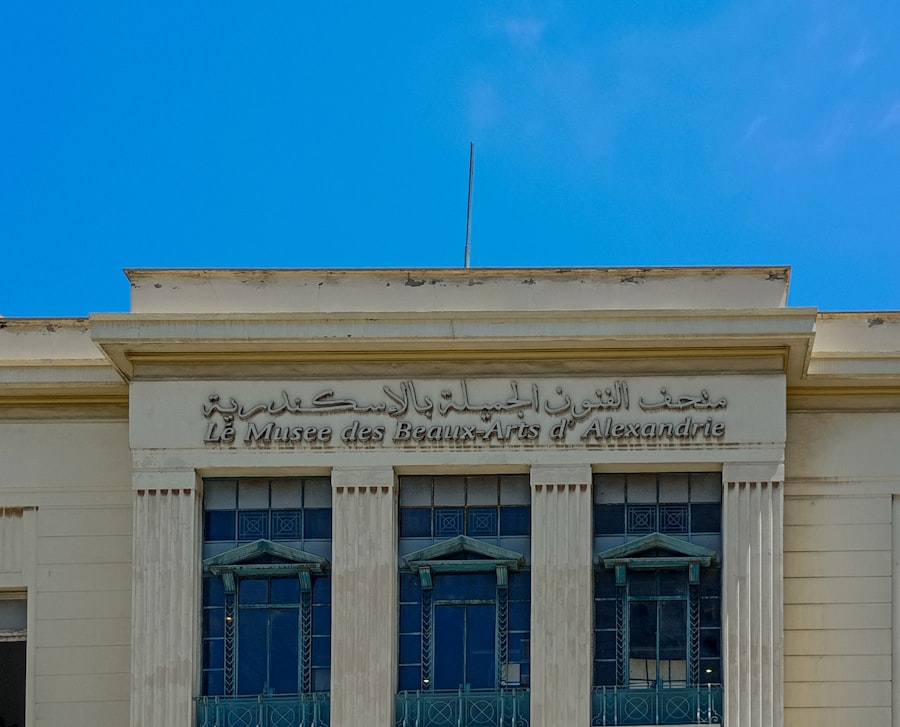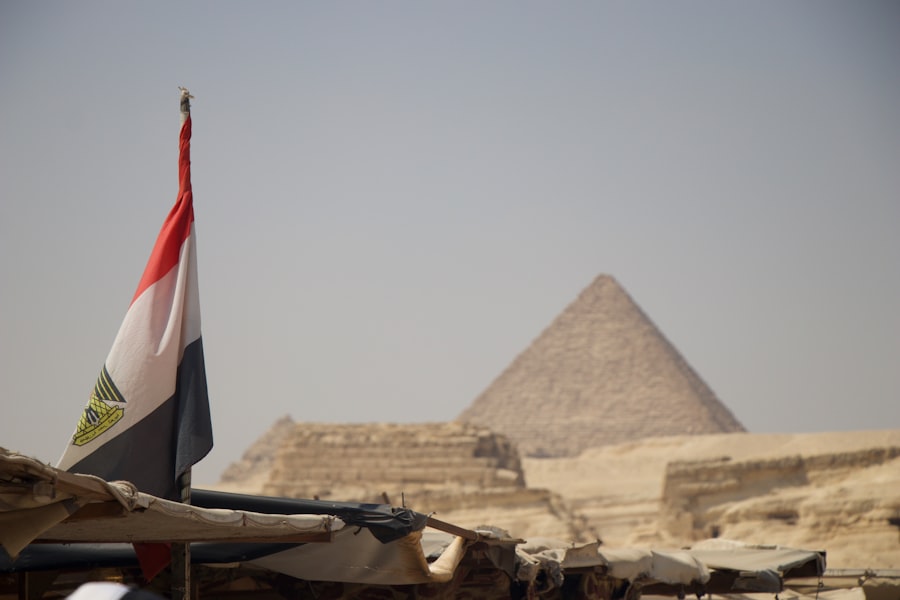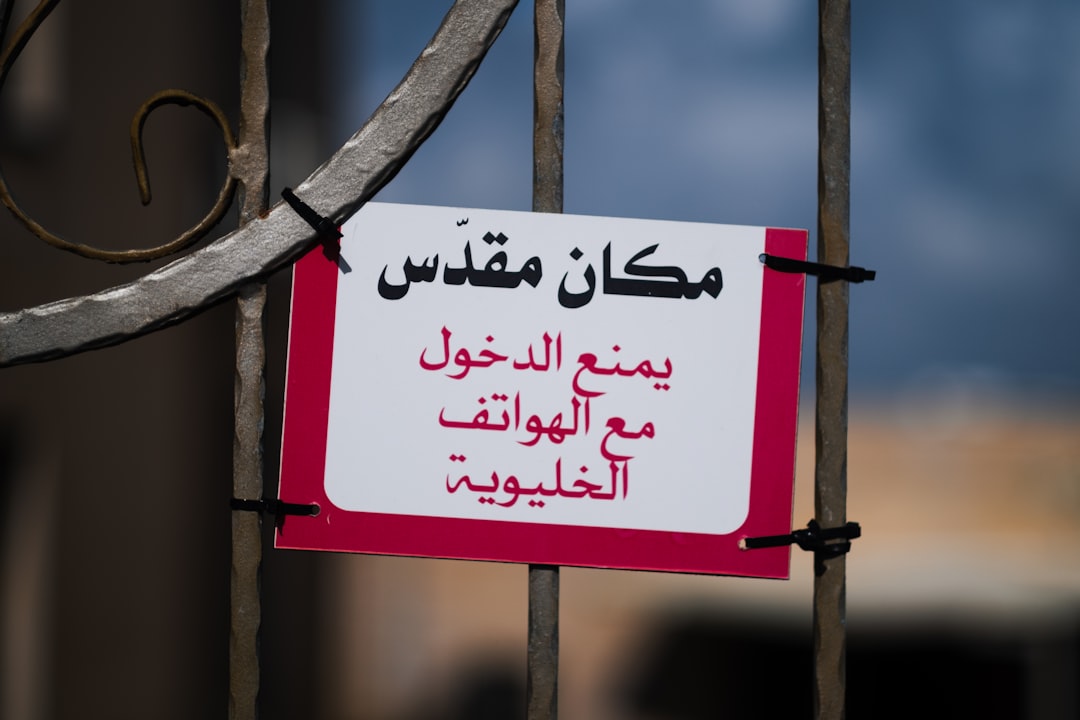The history of Egypt is inextricably linked to the figure of the Pharaoh, a ruler who embodied both political authority and divine representation. The Pharaohs were not merely monarchs; they were seen as gods on earth, tasked with maintaining Ma’at, the ancient Egyptian concept of truth, balance, and cosmic order. This divine right to rule allowed them to wield immense power over their subjects, dictating laws, collecting taxes, and commanding vast armies.
The Pharaoh’s rule was characterized by monumental achievements, including the construction of the pyramids and temples that still stand as testaments to their authority and vision. The centralized government established by these rulers laid the groundwork for a complex administrative system that would endure for millennia. However, the Pharaoh’s reign was not without its challenges.
The political landscape of ancient Egypt was often tumultuous, marked by internal strife and external threats. Rival factions within the nobility frequently vied for power, while invasions from neighboring territories posed significant risks to the stability of the kingdom. Despite these challenges, the Pharaohs managed to maintain a semblance of order through a combination of military might and strategic alliances.
Their ability to navigate these complexities is a testament to their political acumen and the sophisticated nature of Egyptian governance, which would influence subsequent generations and shape the course of history in the region.
Key Takeaways
- Egypt’s political history is deeply influenced by the legacy of pharaonic rule and military involvement.
- Foreign powers and intelligence agencies have played significant roles in shaping Egypt’s government.
- Corruption, bribery, and religious influences continue to impact political dynamics.
- Social media and bureaucracy affect government transparency and administrative power.
- Human rights struggles and women’s participation are critical to Egypt’s political future and reform opportunities.
The Role of the Military in Egyptian Politics
The military has played a pivotal role in shaping Egyptian politics throughout history, serving as both a protector of the state and a powerful political actor. In ancient times, the Pharaohs relied heavily on their armies to defend against invasions and maintain control over their territories. The military was not only a tool for external defense but also a means of internal enforcement, ensuring loyalty among the populace and quelling dissent.
This dual role established a precedent for the military’s involvement in governance that would persist into modern times. In contemporary Egypt, the military remains a dominant force in political affairs.
This intervention underscored the military’s significant influence over political processes and its ability to shape the direction of the nation. The subsequent election of Abdel Fattah el-Sisi, a former military general, further solidified this trend, as he has maintained close ties with military leaders and prioritized their interests in his administration. The intertwining of military and political power continues to raise questions about democracy and civilian governance in Egypt.
The Influence of Foreign Powers on Egypt’s Government

Egypt’s strategic location at the crossroads of Africa and the Middle East has made it a focal point for foreign powers throughout history. From ancient empires to modern nations, external influences have shaped Egypt’s political landscape in profound ways. During the Hellenistic period, for instance, Alexander the Great’s conquest brought Greek culture and governance to Egypt, leading to a fusion of traditions that would last for centuries.
Similarly, during the Ottoman Empire’s rule, Egypt became an integral part of a vast imperial system that influenced its administrative practices and social structures. In recent decades, foreign powers have continued to exert significant influence over Egypt’s government. The United States has been a key ally since the Camp David Accords in 1978, providing substantial military and economic aid in exchange for cooperation on regional stability and peace with Israel.
This relationship has often been criticized for prioritizing geopolitical interests over democratic reforms and human rights within Egypt. Additionally, Gulf states have invested heavily in Egypt’s economy, particularly following the 2011 revolution, further entrenching their influence in domestic affairs. As foreign powers continue to navigate their interests in Egypt, the balance between external influence and national sovereignty remains a contentious issue.
The Shadowy World of Egyptian Intelligence Agencies
| Agency | Established | Main Functions | Known Operations | Estimated Personnel | International Cooperation |
|---|---|---|---|---|---|
| General Intelligence Directorate (GID) | 1954 | Foreign intelligence, counterintelligence, counterterrorism | Monitoring regional threats, espionage in neighboring countries | 10,000+ | Collaborates with Western and regional intelligence agencies |
| Military Intelligence | 1952 | Military security, battlefield intelligence, counterespionage | Surveillance of military threats, internal military security | 15,000+ | Works closely with allied military intelligence units |
| National Security Agency (NSA) – Egypt | 1971 | Internal security, political surveillance, counterterrorism | Monitoring political dissidents, cyber surveillance | 8,000+ | Limited public information on cooperation |
| State Security Investigations Service (SSIS) – Defunct | 1913 (disbanded 2011) | Internal security, political repression | Suppression of opposition groups, surveillance of activists | Unknown | Historically cooperated with various international agencies |
Egypt’s intelligence agencies operate within a complex and often opaque framework that plays a crucial role in national security and political stability. The General Intelligence Service (GIS) is perhaps the most prominent agency, tasked with gathering information both domestically and internationally. Its operations are shrouded in secrecy, leading to speculation about its methods and objectives.
Historically, these agencies have been instrumental in suppressing dissent and monitoring opposition groups, often employing tactics that raise concerns about civil liberties and human rights. The pervasive presence of intelligence agencies in Egyptian society has created an atmosphere of fear and mistrust among citizens. Reports of surveillance, harassment, and intimidation have become commonplace, particularly against activists and journalists who challenge the status quo.
This environment stifles free expression and limits public discourse, as individuals are wary of potential repercussions for voicing dissenting opinions. As Egypt grapples with its political identity in an increasingly interconnected world, the role of intelligence agencies remains a critical factor in shaping both domestic policy and international relations.
Corruption and Bribery in Egyptian Politics
Corruption has long been a pervasive issue within Egyptian politics, undermining public trust and hindering effective governance. From high-ranking officials to local bureaucrats, bribery has become an entrenched practice that complicates interactions between citizens and the state. The prevalence of corruption can be traced back to various historical factors, including authoritarian rule and a lack of accountability mechanisms within government institutions.
This culture of corruption not only affects economic development but also exacerbates social inequalities, as those with wealth and connections often benefit at the expense of ordinary citizens. Efforts to combat corruption have been met with mixed results. While successive governments have pledged to address this issue through reforms and anti-corruption campaigns, tangible progress has often been elusive.
Many citizens remain skeptical about the sincerity of these initiatives, viewing them as superficial attempts to placate public outrage rather than genuine efforts to enact change. As corruption continues to plague Egyptian politics, it poses significant challenges for future governance and development, necessitating comprehensive reforms that prioritize transparency and accountability.
The Role of Religion in Shaping Egyptian Government

Religion has played an integral role in shaping Egypt’s political landscape throughout its history. As one of the oldest centers of civilization with deep-rooted religious traditions, Egypt’s governance has often been intertwined with Islamic principles. The influence of Islam is particularly evident in the legal system, where Sharia law intersects with civil law in various aspects of governance.
This relationship between religion and politics has sparked debates about secularism and religious freedom within a predominantly Muslim society. The rise of political Islam in recent decades has further complicated this dynamic. The Muslim Brotherhood emerged as a significant political force following the 2011 revolution, advocating for an Islamic-based governance model that resonated with many Egyptians seeking social justice and political representation.
However, their ascent was met with fierce opposition from secular factions and the military establishment, culminating in their ousting from power in 2013. This event highlighted the tensions between religious ideologies and secular governance in Egypt, raising questions about the future role of religion in shaping political discourse and policy-making.
The Impact of Social Media on Government Transparency
In recent years, social media has emerged as a powerful tool for promoting government transparency and accountability in Egypt. Platforms such as Twitter and Facebook have provided citizens with unprecedented access to information and a means to voice their opinions on political issues. During the 2011 revolution, social media played a pivotal role in mobilizing protests and disseminating information about government actions, demonstrating its potential as a catalyst for change.
However, this newfound power has not come without challenges. The Egyptian government has responded to social media’s influence with increased censorship and crackdowns on online dissent. Laws regulating internet usage have been enacted to stifle criticism and limit freedom of expression.
Despite these efforts, activists continue to leverage social media as a means of organizing resistance and raising awareness about human rights abuses. As technology evolves, so too does its impact on governance in Egypt, presenting both opportunities for greater transparency and risks associated with state repression.
The Power of the Egyptian Bureaucracy
The Egyptian bureaucracy is a formidable entity that wields significant power within the government structure. Comprising various ministries and agencies responsible for implementing policies and managing public services, this bureaucratic apparatus plays a crucial role in shaping daily life for citizens. However, it is often criticized for inefficiency, red tape, and lack of responsiveness to public needs.
The entrenched nature of bureaucracy can hinder progress on critical issues such as economic development and social welfare. Despite these challenges, the bureaucracy remains an essential component of governance in Egypt. Its ability to execute policies effectively can determine the success or failure of government initiatives aimed at addressing pressing societal issues.
Reforming this bureaucratic system is vital for enhancing public service delivery and fostering trust between citizens and their government. As Egypt navigates its path toward modernization and development, addressing bureaucratic inefficiencies will be crucial for achieving sustainable progress.
The Struggle for Human Rights in Egypt
The struggle for human rights in Egypt has been fraught with challenges as activists continue to advocate for fundamental freedoms amid an increasingly repressive environment. Since the 2011 revolution, there has been a notable crackdown on dissenting voices, with numerous reports documenting arbitrary arrests, torture, and enforced disappearances targeting activists, journalists, and opposition figures. This climate of fear has stifled civil society organizations that play a critical role in promoting human rights awareness and accountability.
International human rights organizations have consistently raised alarms about Egypt’s deteriorating human rights situation under President el-Sisi’s administration. Despite widespread condemnation from global actors, including calls for accountability from Western governments that provide aid to Egypt, meaningful change remains elusive. The struggle for human rights continues to be met with resistance from authorities who prioritize stability over individual freedoms.
As activists persist in their efforts to advocate for justice and equality, they face an uphill battle against systemic repression that threatens their very existence.
The Role of Women in Egyptian Government
Women have historically played a vital role in Egyptian society; however, their representation within government remains limited despite significant strides toward gender equality in recent years. Following the 2011 revolution, there was renewed hope for increased female participation in politics as women actively participated in protests demanding change. Yet progress has been slow; women continue to face barriers such as societal norms that prioritize male leadership roles and institutional discrimination within political structures.
Efforts to promote women’s representation have gained momentum through various initiatives aimed at empowering women politically and socially. Legislative measures have been introduced to ensure women’s quotas within parliament; however, implementation remains inconsistent. Women activists continue to advocate for greater representation at all levels of government while challenging stereotypes that undermine their capabilities as leaders.
As Egypt grapples with its identity in an evolving political landscape, recognizing women’s contributions will be essential for fostering inclusive governance that reflects the diverse voices within society.
The Future of Egypt’s Government: Challenges and Opportunities
The future of Egypt’s government is poised at a crossroads marked by both challenges and opportunities as it navigates complex socio-political dynamics. Economic instability remains one of the most pressing issues facing the nation; high unemployment rates coupled with rising inflation have fueled public discontent among citizens who demand better living conditions. Addressing these economic challenges will require innovative policies that prioritize sustainable development while fostering job creation.
Moreover, as global trends shift toward greater democratization and accountability, there is potential for positive change within Egypt’s political landscape. Civil society organizations continue to advocate for reforms aimed at enhancing transparency and promoting human rights despite facing significant obstacles from authorities. Engaging youth through education initiatives can empower future generations to participate actively in governance processes while fostering civic engagement.
Ultimately, Egypt stands at a pivotal moment where it must confront its historical legacies while embracing new possibilities for growth and reform. By addressing systemic issues such as corruption, bureaucratic inefficiencies, human rights abuses, gender inequality—and fostering inclusive dialogue among diverse stakeholders—Egypt can chart a path toward a more equitable future that reflects its rich cultural heritage while meeting contemporary challenges head-on.
The secrets of the Egyptian government have long fascinated historians and archaeologists alike, revealing a complex tapestry of power, culture, and intrigue. For those interested in delving deeper into this enigmatic subject, a related article can be found at XFile Findings, which explores various aspects of ancient Egyptian governance and its impact on modern society. This resource provides valuable insights and analyses that enhance our understanding of Egypt’s historical legacy.
WATCH THIS! The Sphinx’s Secret Chamber: Why Egypt’s Government Forbids Scanning the Hall of Records
FAQs
What is the structure of the Egyptian government?
The Egyptian government is a semi-presidential republic consisting of three branches: the executive, legislative, and judicial. The President is the head of state, while the Prime Minister is the head of government. The legislative branch includes the House of Representatives and the Senate.
Who holds the most power in the Egyptian government?
The President of Egypt holds significant executive power, including control over the military and foreign policy. However, the Prime Minister and the Cabinet also play important roles in day-to-day governance.
How does the Egyptian government maintain security and intelligence?
Egypt has several security and intelligence agencies, including the General Intelligence Directorate (Mukhabarat), which is responsible for internal and external intelligence gathering, counterterrorism, and national security.
Are there any known secretive practices within the Egyptian government?
Like many governments, Egypt has been reported to engage in confidential operations related to national security, intelligence, and political strategy. However, detailed information about these practices is typically classified and not publicly disclosed.
How transparent is the Egyptian government with its citizens?
Transparency in the Egyptian government varies. While some government activities and decisions are publicly available, others, especially those related to security and intelligence, remain confidential. The government has faced criticism regarding freedom of information and press freedom.
What role does the military play in the Egyptian government?
The military is a powerful institution in Egypt, with significant influence over politics and the economy. Military leaders have historically held key government positions, including the presidency.
How are government officials selected in Egypt?
The President is elected by popular vote, while members of the House of Representatives are elected through a combination of direct elections and appointments. The Prime Minister is appointed by the President. Other officials are appointed based on their roles and responsibilities.
Does the Egyptian government have any secret agreements or alliances?
Specific details about secret agreements or alliances are not publicly available. Like many countries, Egypt engages in diplomatic and strategic partnerships, some of which may involve confidential terms for national security reasons.
